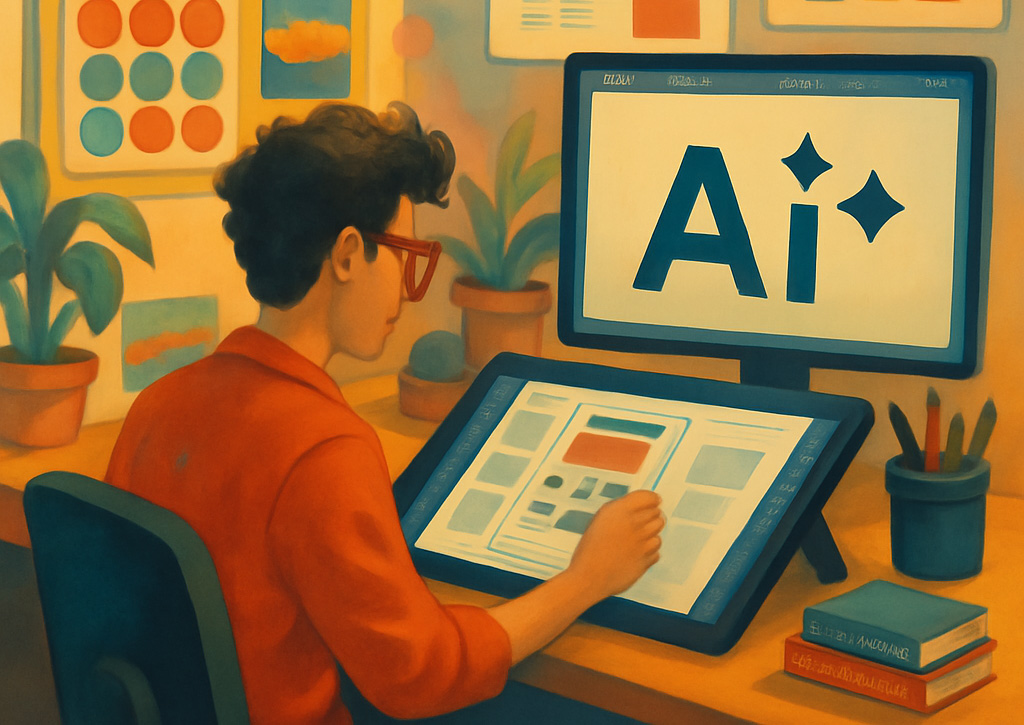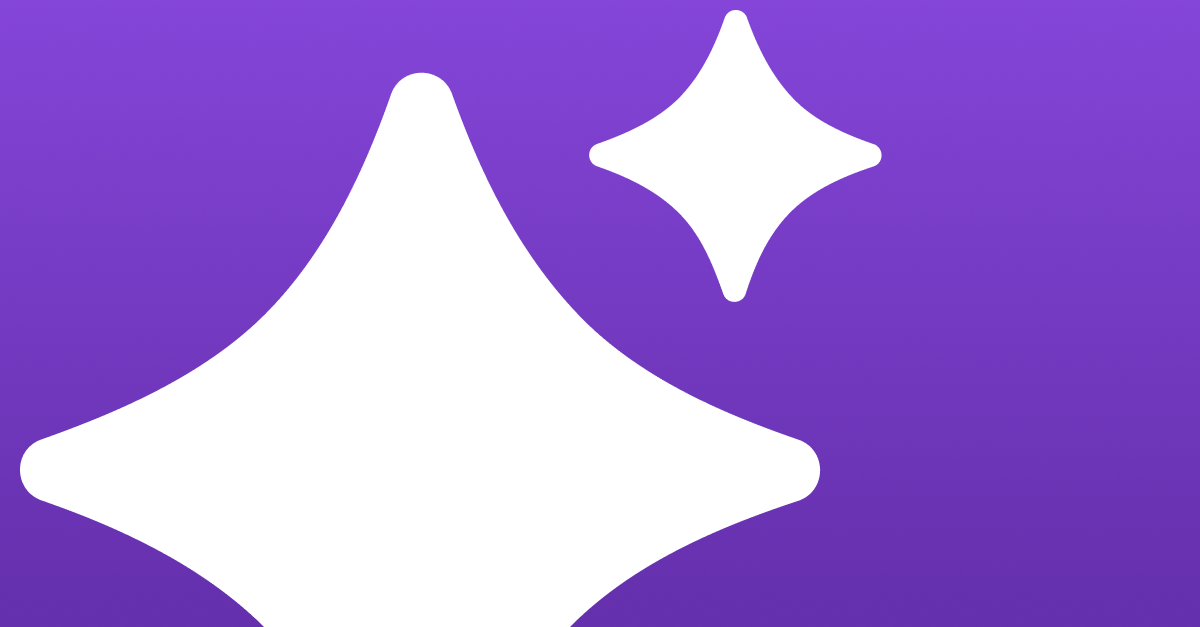Thanks to ChatGPT, competitor analysis, which was once a time-intensive task, has become a rapid and seamless operation. We’ve applied this groundbreaking capability across a range of companies and gained remarkable insights, even from obscure contenders.
Prompt 1
Identify “Company or website” top five competitors.
Prompt 2
Fetch demographic data pertaining to individuals in the “Place”, sourced from “Company or website”.
AI-driven language generation technology has emerged as a game-changer in UX writing. It enables UX writers to optimize button language, identify areas of potential confusion or ambiguity in messaging, and suggest improvements to the overall user experience.
By using AI assistance, UX writers can significantly increase efficiency, maintain coherence, and create a better user journey.
Assuming the role of a UX writer, you can generate excellent concepts for an error message by leveraging ChatGPT‘s capabilities.
As a versatile tool, ChatGPT serves as an invaluable asset to UI/UX designers in various aspects of their work. By using bespoke prompts tailored for UI/UX designers, users can generate fresh ideas and refine their design workflows.
Prompt 3
Assume the role of a UX writer and generate concepts for an error message.
By using ChatGPT prompts, UI/UX designers can streamline their design processes and develop innovative concepts. Whether creating wireframes, optimizing user experiences, or designing landing pages, ChatGPT provides valuable insights and recommendations that enhance design outcomes.
Creating an awesome user experience is super important. And it’s even easier when you have the right tools! Whether you’re doing research, testing user interactions, or making wireframes and prototypes, having the appropriate tools can make your work easier and more effective.
That’s why I’m excited to share with you this ultimate guide to the top UX design tools for every stage of product development. With these tools, you’ll be able to create designs that captivate and delight users at every step.
1. Research – Data Gathering, Processing and Empathy Phase
- ChatGPT
Want to gather user feedback through conversational interfaces? ChatGPT can help you with that! Engage users in dialogue to understand their pain points, preferences, and expectations. - Google Analytics and Adsense
Analyze user behavior, traffic sources, and demographics to gain insights into user interactions with your digital products. Use Adsense to understand ad performance and optimize placements. - Hotjar
Provides invaluable insights into how users navigate and interact with your website or application using heatmaps, session recordings, and surveys. - Pageflows
Allow for collaborative creation and iteration of user flows.
2. Design – Make Phase
- Relume
Utilize AI technology to automatically create sitemaps and wireframes. - Figma & Figjam
Collaboratively design and iterate on user interfaces with Figma’s robust design tools. Use Figjam for brainstorming, wireframing, and collaborative ideation sessions with team members. - Visual Studio
Utilize its rich set of tools for coding, debugging, and prototyping UI elements.
3. Testing – Check Phase
- Omniconvert
Conduct A/B testing, multivariate testing, and personalization campaigns with Omniconvert’s powerful tools. - Maze
Maze enables you to create and launch tests quickly, collect actionable insights, and iterate on designs based on user feedback.







